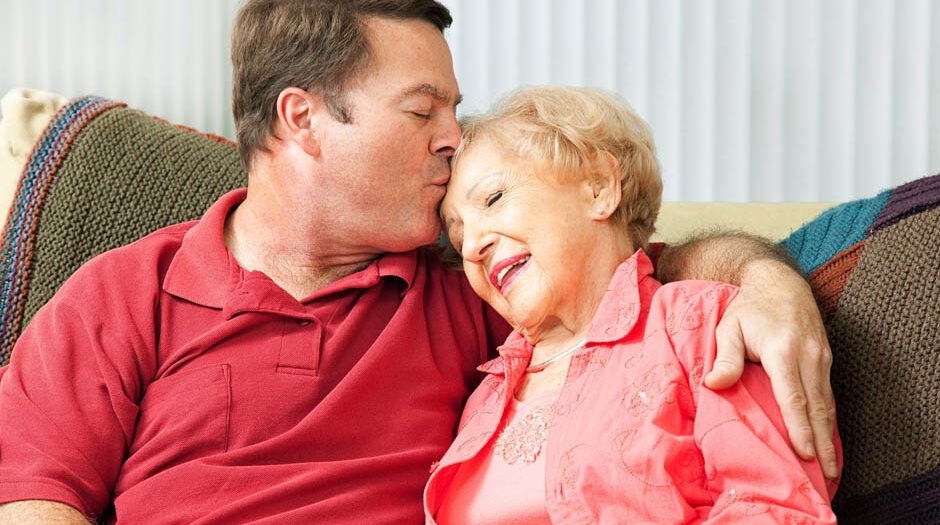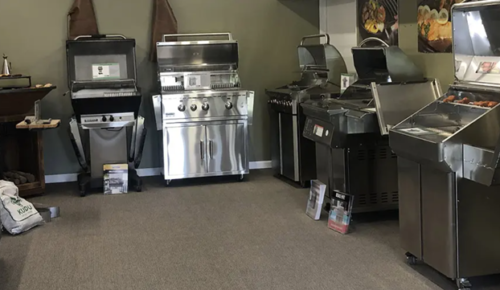Caring for aging loved ones can be a rewarding experience, but it also comes with its unique set of challenges. As people age, they may face difficulties in performing everyday tasks due to mobility issues, cognitive decline, or health conditions. Helping them maintain comfort, dignity, and independence is crucial to their well-being. This article explores practical strategies to make day-to-day care easier for your aging loved ones while ensuring they feel supported, respected, and valued.
Understanding Their Individual Needs
Every senior has unique needs based on their health, mobility, and cognitive abilities. The first step in providing effective care is to understand these needs clearly.
1. Assess Physical and Health Requirements
Start by conducting an assessment of your loved one’s physical health and abilities. Consider factors like mobility issues, chronic conditions, and any assistance they may require with daily activities. For instance, if your aging loved one is dealing with incontinence, using an appropriate continence aid can help them manage the condition discreetly and comfortably. Addressing specific health needs with the right products and assistance can significantly improve their quality of life.
2. Consider Cognitive Abilities
Cognitive abilities may decline with age, making certain tasks more challenging. If your loved one is dealing with memory loss or confusion, providing clear and simple instructions and maintaining a consistent routine can be very helpful. Understanding their cognitive state can guide you in tailoring care in a way that respects their limitations while empowering them to participate in their care.
Creating a Safe and Accessible Living Environment
A safe and accessible home environment is essential for maintaining your loved one’s independence and comfort. Simple changes to the home can prevent accidents and enable them to navigate their space confidently.
1. Eliminate Tripping Hazards
Falls are a leading cause of injury among older adults. Remove tripping hazards such as loose rugs, cluttered walkways, and electrical cords. Install non-slip mats in bathrooms and kitchens, where the risk of slipping is higher. Keeping floors clear and clutter-free makes moving around safer and reduces the likelihood of falls.
2. Install Safety Aids
Safety aids like grab bars in bathrooms, handrails along staircases, and raised toilet seats can provide additional support. If your loved one uses a walker or wheelchair, ensure there are ramps where needed and widen doorways to allow easy access. These small modifications can make a significant difference in their ability to move around independently.
Simplifying Daily Tasks
For many seniors, even simple tasks can become difficult over time. By finding ways to simplify these tasks, you can help them maintain a sense of independence and reduce frustration.
1. Break Tasks into Manageable Steps
When tasks feel overwhelming, breaking them down into smaller, more manageable steps can help. For example, when it comes to dressing, lay out clothing in the order it should be worn and provide gentle guidance if needed. By offering small, achievable steps, you empower them to maintain control over their activities.
2. Use Adaptive Tools
Many adaptive tools are designed to make daily tasks easier for seniors. Items like reachers, jar openers, shower chairs, and easy-grip utensils can enhance independence. Introduce these tools gradually and demonstrate how to use them effectively. Adaptive tools should be viewed as aids for empowerment rather than signs of limitation.
Supporting Personal Hygiene with Sensitivity
Personal hygiene is a crucial part of daily care that can impact a senior’s physical comfort and self-esteem. Approaching these tasks with sensitivity and respect is essential.
1. Establish a Consistent Routine
Establishing a consistent hygiene routine can help reduce anxiety for seniors who may feel uncomfortable or vulnerable during these activities. Try to keep the routine predictable by scheduling personal care tasks at the same time each day. Consistency creates familiarity, which is comforting for seniors.
2. Offer Privacy and Respect
Always offer privacy when assisting with hygiene tasks, such as bathing or dressing. Knock before entering their room, and ask for permission before beginning any task. When helping with personal care, explain each step as you go to help them feel more in control and comfortable. This approach maintains their dignity and promotes trust.
Encouraging Physical and Mental Activity
Staying active is crucial for maintaining mobility, cognitive health, and emotional well-being. Encouraging regular physical and mental activities can improve your loved one’s quality of life.
1. Promote Gentle Exercise
Gentle exercises, such as walking, stretching, or chair yoga, can help maintain mobility and strength. Exercise classes designed for seniors, like Tai Chi, can be great for promoting balance and flexibility. Choose activities that match your loved one’s capabilities and interests to keep them engaged and motivated.
2. Engage in Cognitive Stimulation
Keep the mind active by introducing activities such as reading, puzzles, or memory games. Encourage hobbies like painting, knitting, or gardening. These activities not only stimulate the mind but also provide a sense of purpose and achievement. Consider incorporating social activities, like group games or community events, to combine mental engagement with social interaction.
Supporting Emotional Well-Being
Emotional well-being is closely tied to overall health and comfort. Providing emotional support and fostering a positive environment is essential for helping seniors feel valued and secure.
1. Maintain Social Connections
Loneliness and isolation can lead to feelings of depression and anxiety. Encourage social connections by arranging regular family visits, organising outings, or planning virtual gatherings with distant relatives. Community centres often offer senior-friendly activities, providing opportunities to make new friends and stay engaged.
2. Listen with Empathy
Seniors may experience feelings of sadness, frustration, or anxiety due to changes in their health or abilities. Listen to their concerns and validate their feelings. Show empathy and understanding, and reassure them that they are not alone. Even a simple “I understand this is difficult for you” can provide immense comfort and support.
Managing Health and Wellness Proactively
Good health is the foundation of a comfortable and fulfilling life. Taking proactive steps to manage health and wellness can prevent complications and improve overall well-being.
1. Schedule Regular Health Check-Ups
Encourage your loved one to attend regular health check-ups and follow their healthcare provider’s recommendations. Keep a record of appointments, medications, and any changes in health conditions. Early detection and proactive management of health issues can significantly impact their quality of life.
2. Support Medication Management
Many older adults take multiple medications, making it essential to have an organised system. Use a pill organiser to sort medications by day and time, and set reminders to help them stay on track. If managing medications becomes challenging, consult a pharmacist or healthcare provider for guidance.
Creating a Personalised Daily Routine
A well-organised daily routine provides structure and predictability, which can be comforting for seniors. A personalised routine also helps caregivers stay organised and ensures that all essential tasks are completed.
1. Plan Activities Around Preferences
When creating a daily routine, consider your loved one’s preferences and energy levels. Plan physically demanding activities for the time of day when they have the most energy, and include breaks to avoid fatigue. A routine that incorporates favourite activities can provide a sense of purpose and enjoyment.
2. Be Flexible and Adaptable
While consistency is important, flexibility is equally crucial. Seniors’ needs and abilities may change over time, requiring adjustments to the routine. Being open to changes and adapting the schedule as needed ensures their comfort remains a top priority.
Final Thoughts
Making day-to-day care easier for aging loved ones involves understanding their unique needs, creating a safe environment, and supporting their independence. By focusing on these essentials, caregivers can make a significant impact on the quality of life for their loved ones.
Whether it’s selecting the right continence aid, simplifying daily tasks, or encouraging social connections, each effort contributes to their comfort, dignity, and well-being. Caregiving is about more than providing assistance—it’s about empowering seniors to live fulfilling lives with respect and compassion.
With the right approach, tools, and mindset, you can create an environment that supports your loved one’s independence and emotional well-being while making caregiving a positive experience for both of you.




























